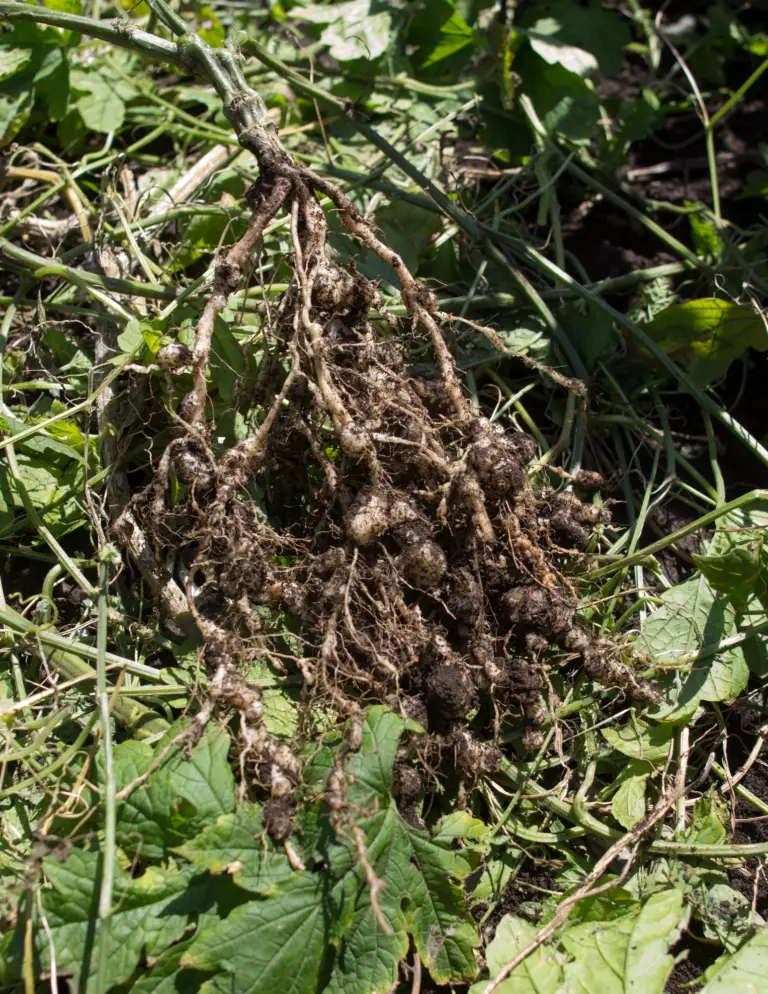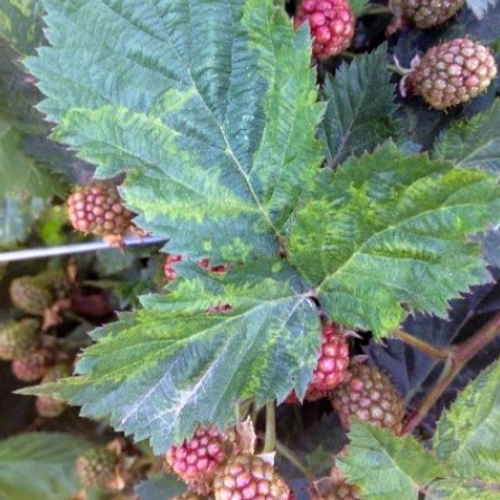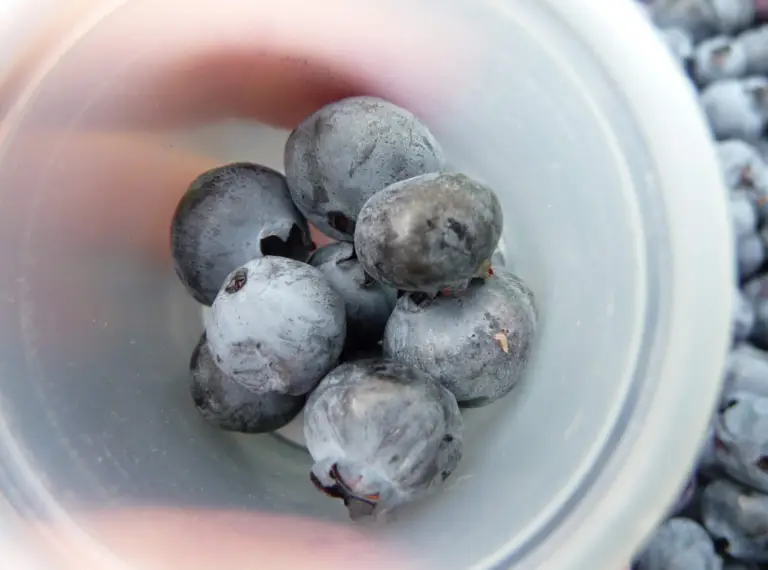Developing a Spray-Induced Gene Silencing (SIGS) method for the control of Grape Powdery Mildew (Erysiphe necator)
Overview
Powdery Mildew development in vineyards in the Pacific Northwest is one of the greatest impacts to grape and wine quality and the economic health of a grape grower is severely impacted by the number of sprays required to control the disease or loss in fruit sales if a severe infection develops. In high wine-producing regions, Grape Powdery Mildew (GPM) accounts for 75% of total pesticide use applications. If the grapevines are not properly treated until harvest, the presence of GPM in harvest grape clusters substantially depreciates the value of the entire crop. This project aims to develop a methodology to turn off specific grapevine genes (susceptibility genes [MLO]) and Powdery Mildew-related genes essential for the pathogen’s life cycle.












